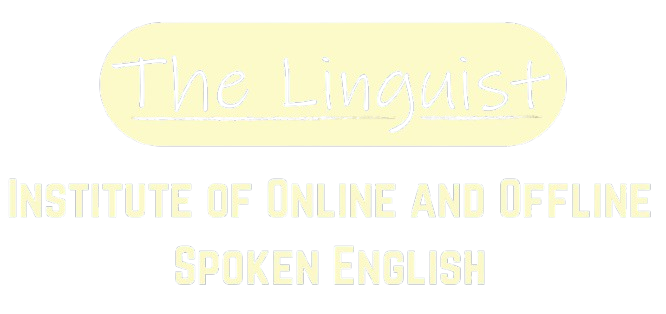Basic and Advanced Sentences used at Home.
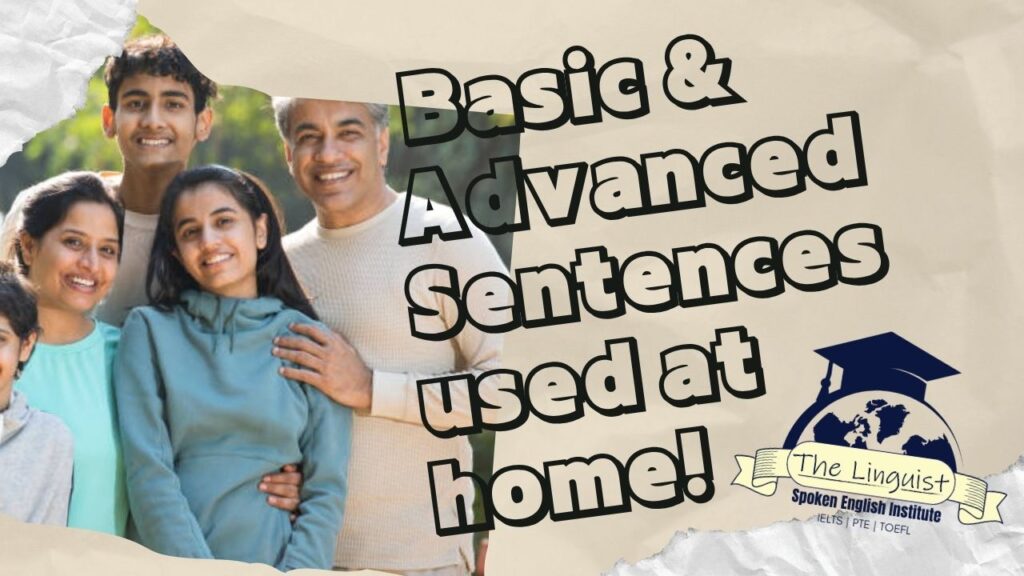
✅ 25 Basic Sentences Used at Home 1. Please don’t disturb me, I’m trying to concentrate. कृपया मुझे परेशान मत करो, मैं ध्यान लगाने की कोशिश कर रहा हूँ। मला त्रास देऊ नकोस, मी लक्ष केंद्रित करत आहे. 2. Can you please fold the clothes and keep them in the cupboard? क्या तुम कपड़े […]
50 Basic and Advanced Sentences Used While Traveling

50 Basic Sentences Used While Traveling. 1. I need to book a hotel room. मुझे होटल का कमरा बुक करना है। मला हॉटेलचे रूम बुक करायचे आहे। 2. Can you suggest a good restaurant nearby? क्या आप पास में कोई अच्छा रेस्टोरेंट बता सकते हैं? तुम्ही जवळचं एखादं चांगलं रेस्टॉरंट सांगू शकता का? 3. […]
Sentences used at a hospital

Sentences used at a hospital 1. I would like to book an appointment. मैं एक अपॉइंटमेंट लेना चाहता हूँ। मला अपॉइंटमेंट घ्यायची आहे। 2. Is the doctor available today? क्या डॉक्टर आज उपलब्ध हैं? डॉक्टर आज उपलब्ध आहेत का? 3. I am here for a routine check-up. मैं नियमित जांच के लिए आया हूँ। […]
Small Talks (From Basic to Advance)
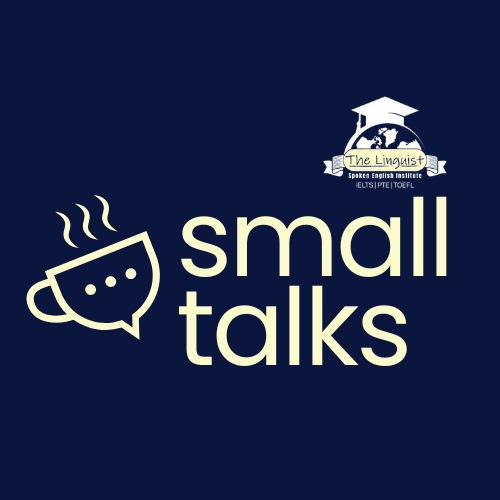
1) How are you? तुम कैसे हो? तू कसा आहेस? 2) What’s going on? क्या चल रहा है? काय चाललंय? 3 How was your day? तुम्हारा दिन कैसा था? तुझा दिवस कसा गेला? 4 It’s been a long time! बहुत समय हो गया! खूप दिवस झाले! 5 Where have you been? तुम कहां थे? तू […]
Dos and Don’ts
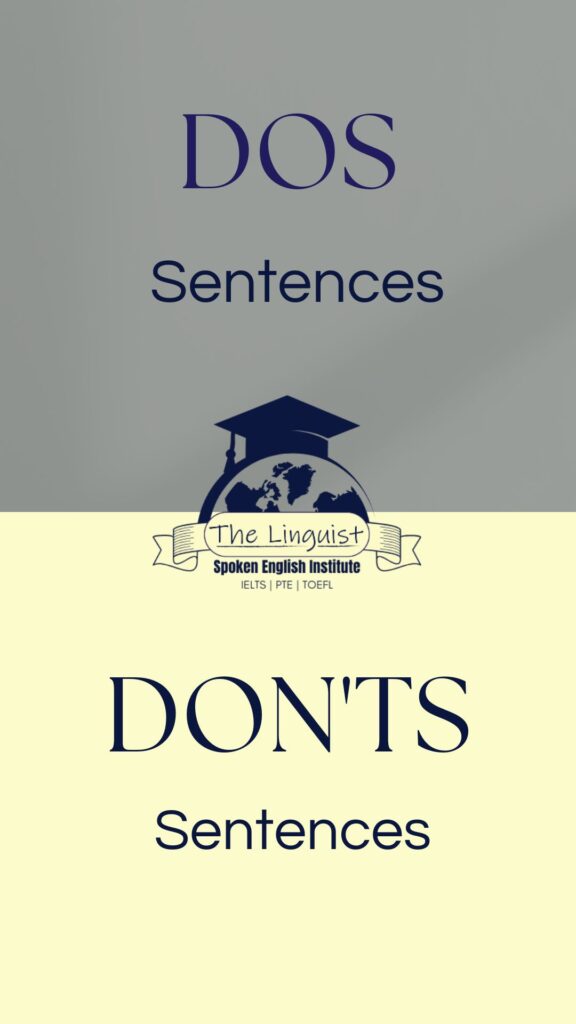
Sentences with Don’t. 1. Don’t ask. Hindi: मत पूछो। Marathi: विचारू नकोस। 2. Don’t cry. Hindi: मत रोओ। Marathi: रडू नकोस। 3. Don’t talk! Hindi: मत बोलो! Marathi: बोलू नकोस! 4. Don’t worry. Hindi: चिंता मत करो। Marathi: काळजी करू नकोस। 5. Don’t be sad. Hindi: उदास मत हो। Marathi: दुखी होऊ नकोस। 6. […]
Vocabulary
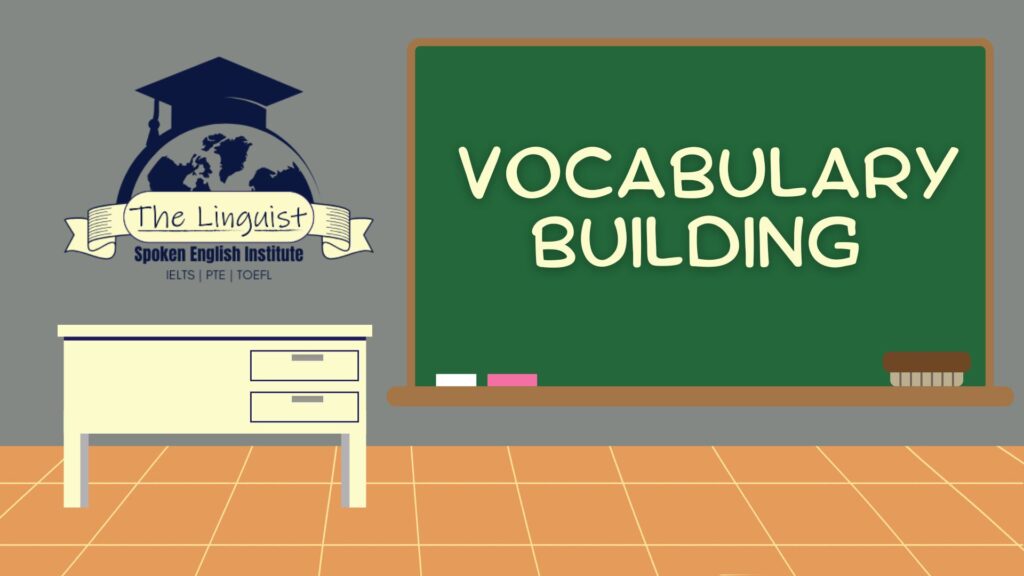
1) Antsy Adjective Meaning: Impatient and restless Example: He became antsy waiting for his turn. — 2) Fling / Flung / Flung Verb Meaning: To throw forcefully Example: She flung the ball across the field. — 3) Plunge Verb Meaning: To push or thrust quickly Example: He plunged into the pool without hesitation. — […]
Questions for a Shopkeeper

Questions for a Shopkeeper. What do you want to buy? आप क्या खरीदना चाहते हैं? तुम्हाला काय खरेदी करायचं आहे? How much quantity do you need? आपको कितनी मात्रा चाहिए? तुम्हाला किती प्रमाणात हवं आहे? Do you want a bag? आपको बैग चाहिए? तुम्हाला पिशवी हवी का? Is this your first time here? क्या यह […]
Snob and Snobbish

1. He is a snob. वह घमंडी है। तो गर्विष्ठ आहे। 2. He is not a snob. वह घमंडी नहीं है। तो गर्विष्ठ नाहीये। 3. Is he a snob? क्या वह घमंडी है? तो गर्विष्ठ आहे का? 4. Isn’t he a snob? क्या वह घमंडी नहीं है? तो गर्विष्ठ नाहीये का? 5. Why is he […]
Speculate / Speculations
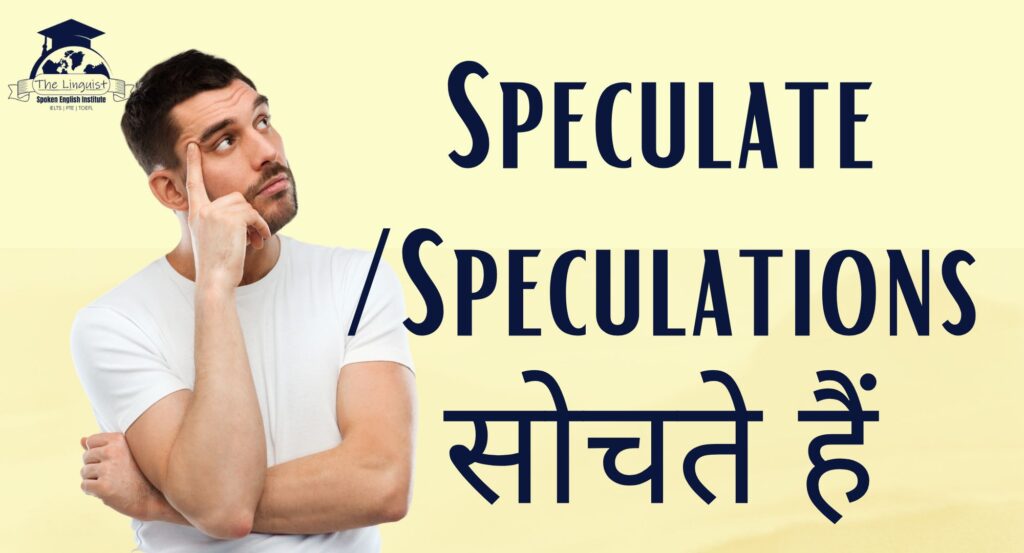
A. Positive Sentences 1. I speculate he is rich. मैं सोचता हूँ कि वह अमीर है। मी विचार करतो की तो श्रीमंत आहे। 2. She speculates about his job. वह उसके काम के बारे में सोचती है। ती त्याच्या नोकरीबद्दल विचार करते। 3. They speculate on the result. वे नतीजे पर अटकलबाजी करते हैं। […]
Substantial
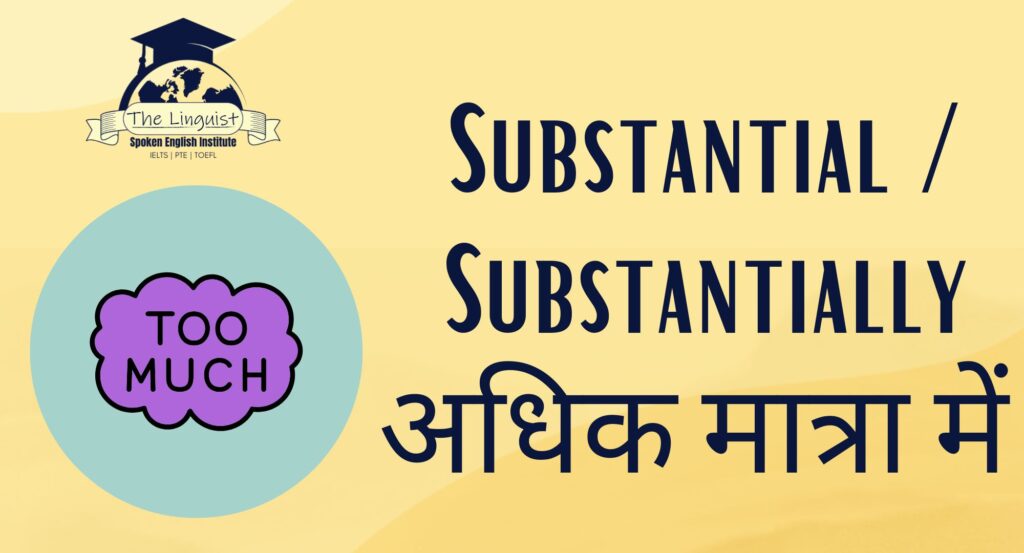
🔹 1–6. Positive Sentences with “Substantial” (adjective) 1. She made a substantial donation to the school. उसने स्कूल को भारी दान दिया। तिने शाळेला मोठं देणगी दिली. 2. They received substantial support from the government. उन्हें सरकार से काफी समर्थन मिला। त्यांना सरकारकडून खूप समर्थन मिळाले. 3. He inherited a substantial amount of money. उसे […]
